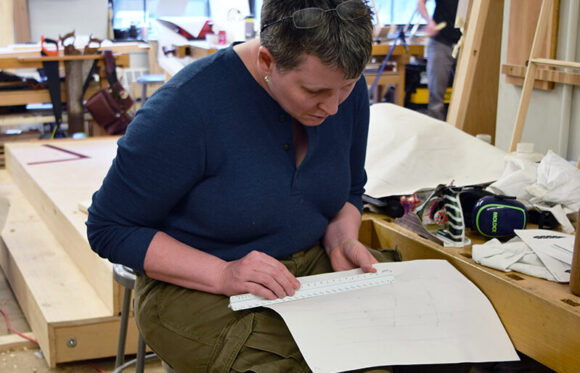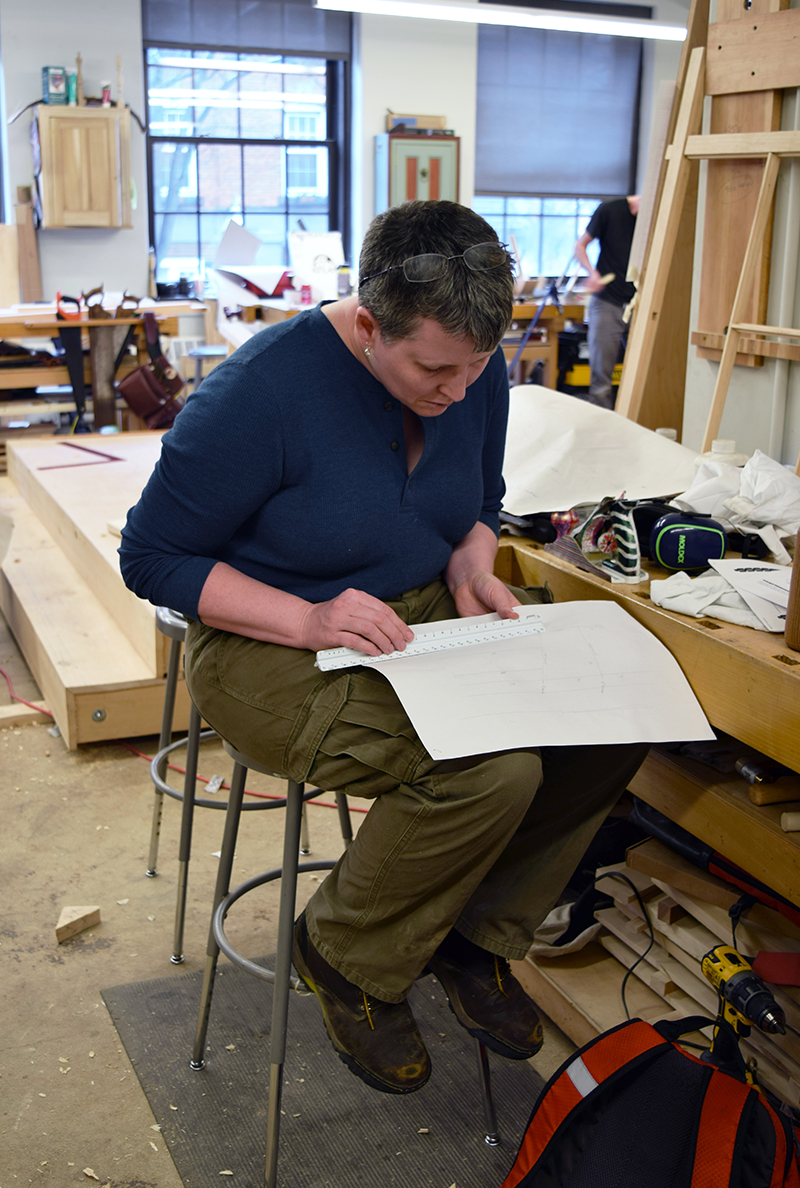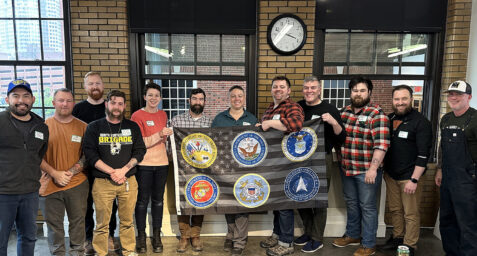5 Ways to Translate Military Skills to Meaningful Employment

Categories
VeteransFrom The Field To The Labor Force: 5 Ways to Translate Military Skills to Meaningful Employment
Congratulations! After years of service in the military, you’re ready to start your new life out of uniform. You’ve served your country faithfully, earning recognition, promotions, and possibly even some medals along the way. Plus you have a host of new skills that you can apply to any number of jobs. Surely any employer would be lucky to have someone like you working for them. You’re absolutely right.
There’s only one problem. While employers appreciate your service, they may not understand the scope of your skills and achievements, let alone your certifications. In a country where only about 7% have ever served in the military, terms like “deployed,” “MOS,” “AFSC,” or “PCS” are a foreign language to most employers. Likewise, career specialties such as radar operator, loadmaster, cavalry scout, or aviation antisubmarine warfare technician have no counterpart in the civilian world.
Even status is hard to divine as military branches have their own rank structures, job titles, and acronyms. Just get a former Navy chief petty officer and an Air Force master sergeant together, and they may not even realize they’re both retired E-7s (that’s a military pay grade designation for you civilians out there).
So, how can you as a veteran successfully translate your military experience to civilian skills? Here are five simple steps to get you started:
- Define your objective. What skills you highlight from your military background will depend on the job you’re targeting. Defining the position first will help you focus the process. Find a job description or job ad and make a complete list of the skills, background, and qualities the job requires and what employers are looking for.
- Identify your hard skills. Hard or technical skills are what you actually did on the job. For example, if you’re targeting work as a mechanic, what you did as a fire control repairer will be directly relevant. Also look at core skills you used such as writing, research, or teaching. You just need to connect the dots and talk about your technical skills and proficiencies in the language of the job you want.
- Inventory your soft skills. Hard skills are what you did, but they can be learned. Soft skills, or your general abilities, are arguably more important to an employer. As a military veteran, you’ve mastered some extremely valuable soft skills. Examples are the ability to lead, follow, communicate effectively, adapt, and to work as a part of a team to accomplish a common objective. The truth is the typical civilian just hasn’t had the training, responsibility, and challenges you have. Look at your desired job and don’t forget to stress the soft skills that position requires for success.
- Fill in the skill gaps. As a veteran, you have tremendous access to educational and training resources. The GI Bill covers such areas as career training, education, and certifications. Know your benefits and talk to schools you’re interested in to see what resources they may have for veterans.
- Understand the marketplace. Did you know there’s a major shortage of skilled workers in the U.S.? Media coverage on this trend comes from a range of sources, but they all agree: with a booming economy and low unemployment, businesses that rely on vocational skills can’t fill their jobs fast enough. If you’re looking for an industry where your military skills translate readily to civilian employment, the skilled trades stand out in a big way.
For additional ideas, check out this article on military skills sets you can use in securing a job, and take a look at this post which shares job search strategies for veterans.
For the first time in years, you get to decide where you go and what you do. Take advantage of it and be confident you have the stuff to be successful. You’ll find there are many out there in the community who honor your service and are eager to support your successful transition to civilian life.
NBSS has a long history of working with veterans to educate them for careers in traditional trades and fine craftsmanship. Since 1920, we have embraced America’s military service members and their families, helping them to achieve meaningful lives and livelihoods. Vets are a natural fit for our programs, and we currently have a nearly 20% veteran student population.
To learn more about opportunities and programs for veterans at NBSS, check out our veterans page. To connect with us, tour the School, and discover how your benefits can support your training, sign up for an Info Session or email admissions@nbss.edu.



